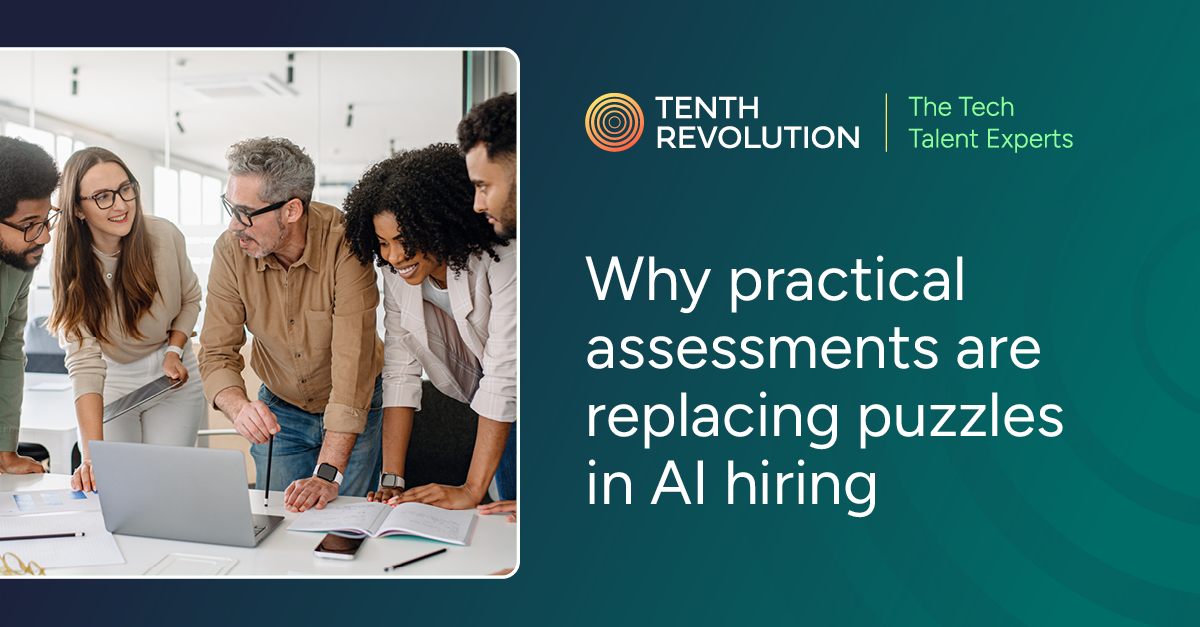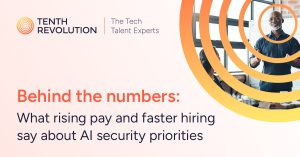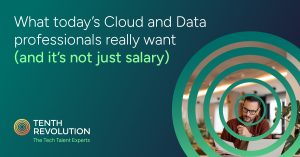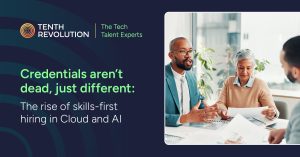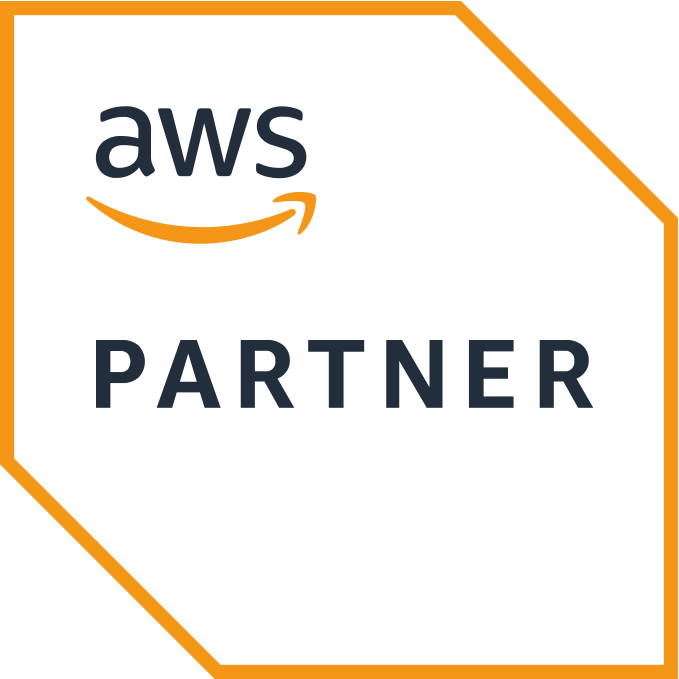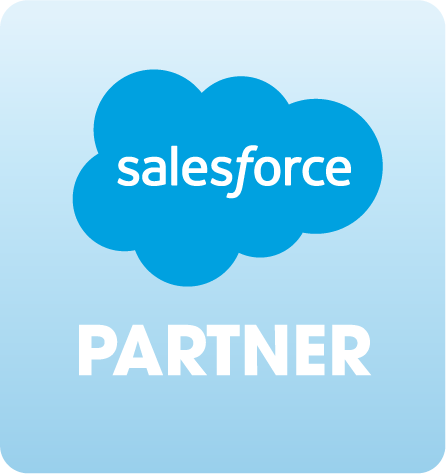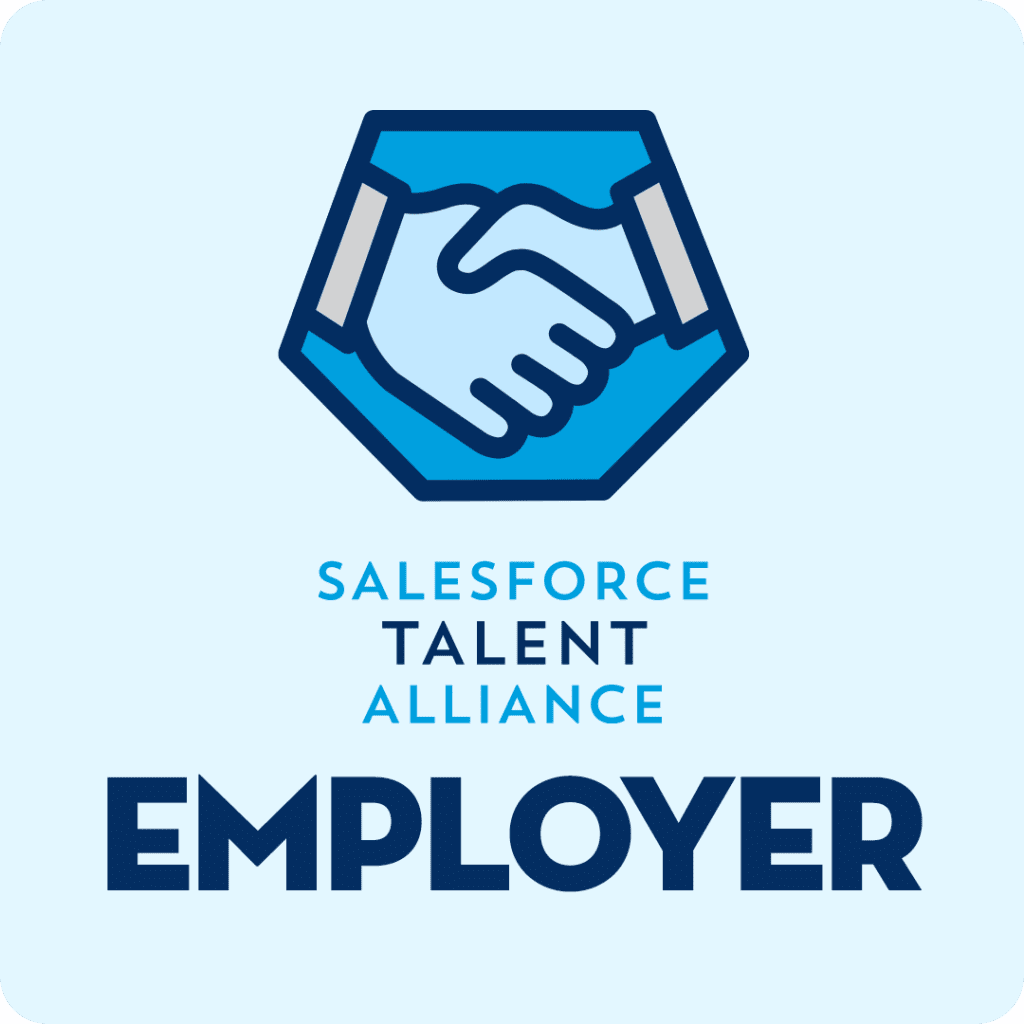For years, technical interviews in the data and AI space relied on algorithm puzzles and whiteboard drills.
Candidates were judged on how well they could recall details about sorting algorithms or implement data structures under pressure. Those exercises had some value, but they revealed little about how someone would perform in a real role.
That’s why hiring practices are shifting toward practical assessments that reflect the responsibilities candidates will face on the job. Instead of evaluating who can memorize the right formula, companies are now testing who can design, debug, and deliver solutions in realistic environments.
From puzzles to projects
Modern hiring processes are being redesigned to emphasize applied skills. Employers want to see how candidates think and work, not how fast they can solve a theoretical puzzle. That has led to a new set of common formats:
Take-home notebooks where candidates build or extend pipelines, run experiments, or connect APIs.
System design tasks that focus on architectural decisions, such as scaling a feature store or adding observability.
Live debugging sessions that simulate real scenarios like troubleshooting cloud deployments or fixing broken ML pipelines.
These exercises go further than testing logic. They reveal whether a candidate can handle ambiguity, communicate effectively, and make trade-offs under pressure.
👉 Want to build interview processes that surface real skills? We’ll connect you with trusted technology talent who thrive in practical, production environments. Find your next great data hire.
Why hiring practices are evolving
This evolution reflects how critical AI and cloud systems have become to business operations. These platforms now underpin customer services, manage sensitive data, and drive strategic decision-making. That means organizations need professionals who can debug a failing pipeline, manage resource constraints, and meet compliance standards.
Algorithm puzzles do not reveal those abilities. Project-based assessments, on the other hand, show how candidates approach messy problems, how they weigh costs against performance, and how they explain their reasoning to peers or non-technical stakeholders.
For employers, this reduces the risk of hiring someone who interviews well but underperforms in production. For candidates, the process feels more relevant and gives them the chance to showcase creativity, collaboration, and judgment.
👉 Struggling to find candidates who combine technical depth with business context? We’ll help you access trusted technology talent ready to deliver from day one. Find your next great data hire.
Benefits for both employers and candidates
Practical assessments are proving to be a win-win. Employers gain stronger insight into long-term fit and reduce false positives. Retention improves because successful hires are better aligned with the realities of the role.
Candidates also benefit by demonstrating the skills that matter most in real-world environments. A debugging exercise, for example, shows how they reason through a problem, communicate their approach, and collaborate on a fix. That matters more than producing a perfect solution to a contrived puzzle.
Some organizations are going further, piloting formats like pair-programming interviews, incident response simulations, or group design challenges. These methods evaluate teamwork and adaptability alongside technical ability. For executives, this signals a deeper truth: today’s hiring is about building teams that can deliver in production, not just individuals who can solve puzzles in isolation.
Looking ahead
Interview practices will continue to evolve as AI and data systems grow in complexity. Practical assessments are here to stay, and future hiring processes may lean even more on work trials, portfolio reviews, and ongoing evaluation during probationary periods.
What won’t change is the need for hiring practices that mirror real-world demands. Organizations that modernize their processes will be better equipped to find professionals who can design, build, and scale reliable systems. Those that cling to outdated puzzles risk hiring the wrong people for the jobs that matter most.

